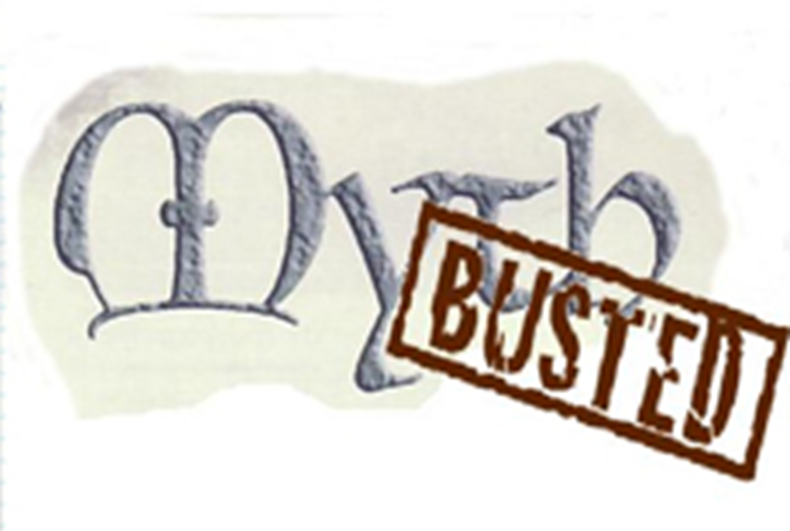
Tentmaker Myths and half-truths:
I was talking with a sincere believer who opposed the idea of having tentmakers. This person raised several objections based on a false understanding of what tentmaking is or should be. Sadly, many of her concerns were based on cases she knew where people calling themselves tentmakers followed these practices.
Myths
- Tentmakers do not listen to the nationals and learn from them. Tentmakers are invited to their host country because of their expertise or skill the country needs more of. However, to apply their specialty they first have to become learners of the of the context and culture of their hosts. They should approach their responsibility as learners. They need to understand the people and context before they can share their expertise. Good tentmakers follow this principle.
- Tentmakers are just in it for the body count – to chalk up souls. This concept is a distortion of the Gospel which is common in part of the western church. Some believers may take this baggage with them when they go overseas. A tentmaker who has been properly prepared recognizes that his role is as an ambassador for the Kingdom of God. He is responsible to bring God’s love into that community and be an obedient model of “Christ in me.” It may, or may not, result in “conversion,” during his time in the host country. Bringing people into the Kingdom is the role of the Holy Spirit. Scripture tells us “…some prepare the soil, some plant, others water, and to some is given the privilege of participating in the harvest. (1 Cor 3.7)
- There are countries that prohibit talking about Jesus. This is an overstatement. Some countries prohibit proselytization. But talking about your friend Jesus is a natural part of being who you are. And it would be rude not to answer questions from your new friends if they asked you what you believe about Jesus. You cannot tell him he has to believe the same. But if the Holy Spirit prompts him to that conclusion that is not proselytization.
- It is unethical for a teacher to talk about his faith with a student because that student is under pressure from the teacher. This could be the reaction of an ill-trained tentmaker who abuses their role. Rather, the true tentmaker demonstrates Christ-like behavior that invites the student to learn more about the teacher and why they are the way they are. Live a life that invites questions.
- The term closed country is inaccurate. Closed to what? There are no closed countries. Some countries are more difficult to enter than others. Not all countries welcome all types of people. We have yet to find a country that is not open to believers who bring value to the country.
- Tentmakers enter countries under false pretenses. This is sometimes called the “bait and switch” tactic associated with unethical salespeople. I always encourage tentmakers to be honest about purpose. They are there to do the job that was the basis for their visa. That does not mean that they have to hide their faith. It is part of who they are. Christ in you should shine through and introduce people to what it means to be a Jesus follower based on what they observe and hear from you.
- Tentmakers have a stealth agenda. I have heard of such cases. It is dishonest and not the conduct of a tentmaker living an integrated faith in his work Some people mistakenly believe that if they are open about their faith, they will not be able to stay in the country and share with people about their love of Jesus. Their fear is generally unfounded. In any event, if people do not know about their faith, they are unlikely to find opportunity to share.
Generally, it is better to acknowledge your love of Jesus and that He is important in your life. That will often prompt questions and conversations. Mark Russell’s research in The Missional Entrepreneur shows that tentmakers who are more open about their faith make a bigger impact on their community. They are more accepted because they are open, and they are freer to interact because are not fearful of revealing their “stealth agenda.”
What tentmaking is/should be
Ruth Siemens, the founder of Global Opportunities (now Global Intent) reminds us, “Tentmaking and regular missionary work are not just two different means of financial support, but two quite different mission strategies for different people in different situations.”
The term tentmaking comes from the description of the work of the Apostle Paul. The approach actually pre-dates him as we find examples in the Old Testament of God followers testifying to His faithfulness while pursuing their vocations in the marketplace. Abraham, Joseph, and Daniel, among others, come to mind.
Tentmaking is part of God’s strategy to infuse his Kingdom into all parts of the world and make His presence known to those who have not heard of him. All believers are called to this task. Not all are obedient.
Food for further thought
For Tentmakers ACCESS = available to seekers as they are directed by the Holy Spirit. You have to be present to be available. From there the Holy Spirit orchestrates the communication.
For further reading check out an earlier article in TMT – Is It OK for Missionaries to Go Undercover? – Tentmaking Today
By Phill Sandahl
Hello Phil. Thanks for your tent maker newsletter The teaching and message about technique does not change does it. There needs to be a continued revelation to believers , specially in Western countries, regarding marketplace presence of believers. The post Christian era demonstrates the tricks of the kingdom of darkness to disenable believers. Praise God praise God who continues to write names in the Lamb’s book of life and to lead us by his Holy Spirit if we are willing.